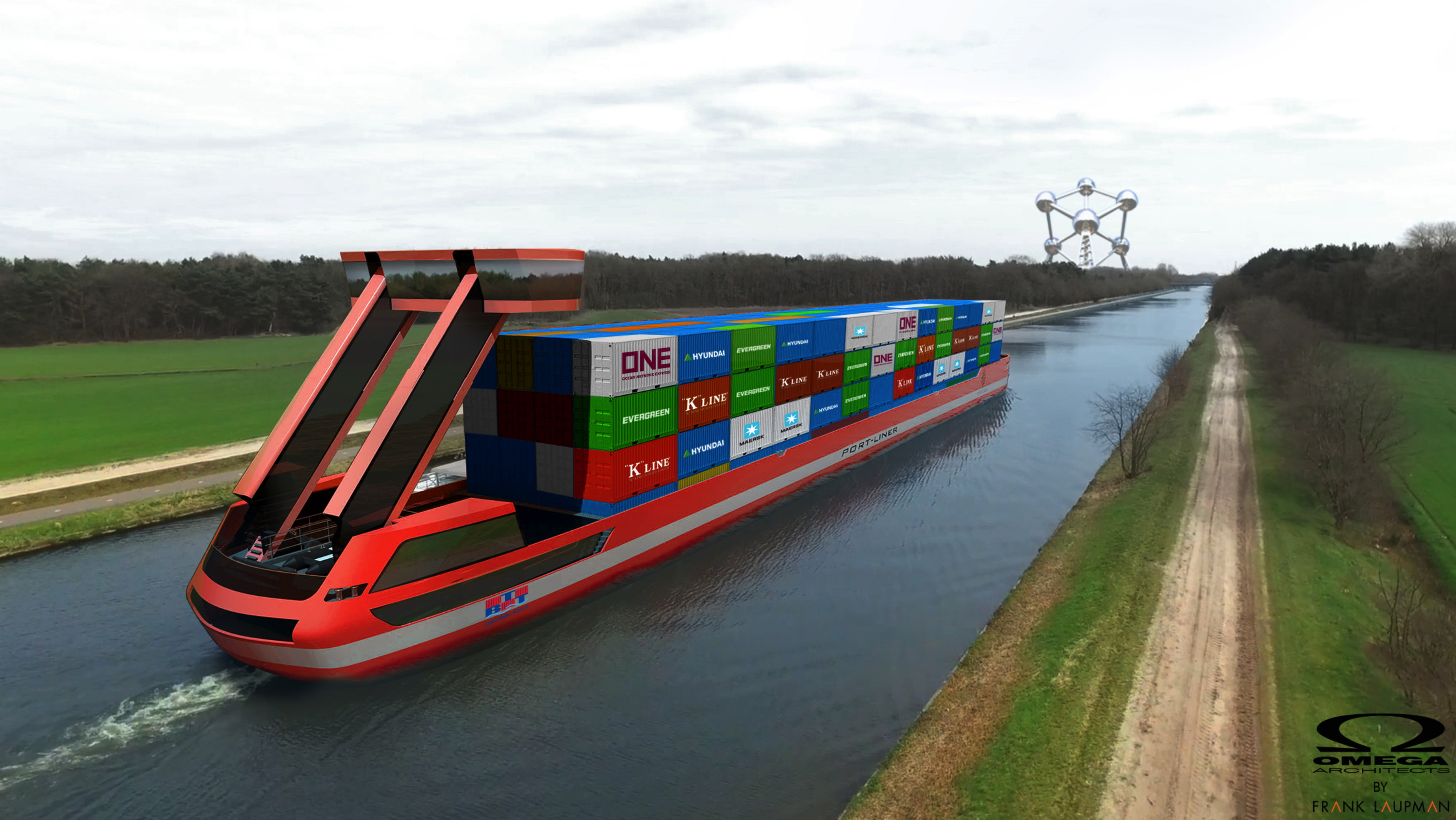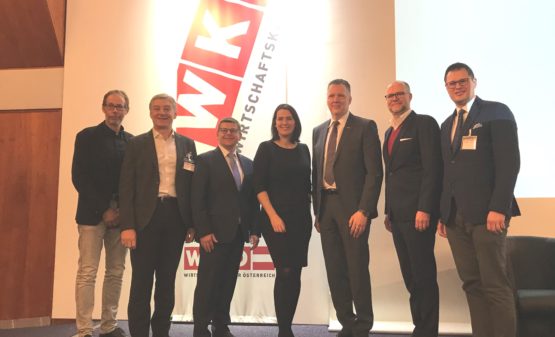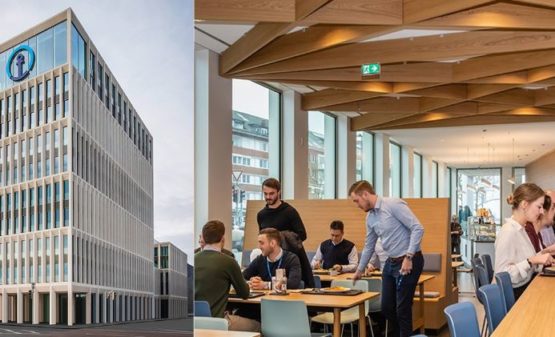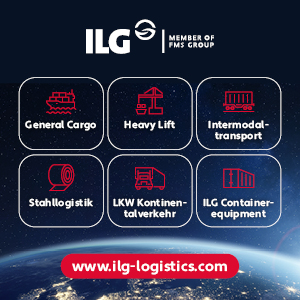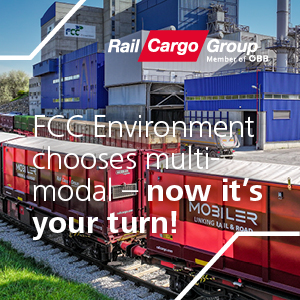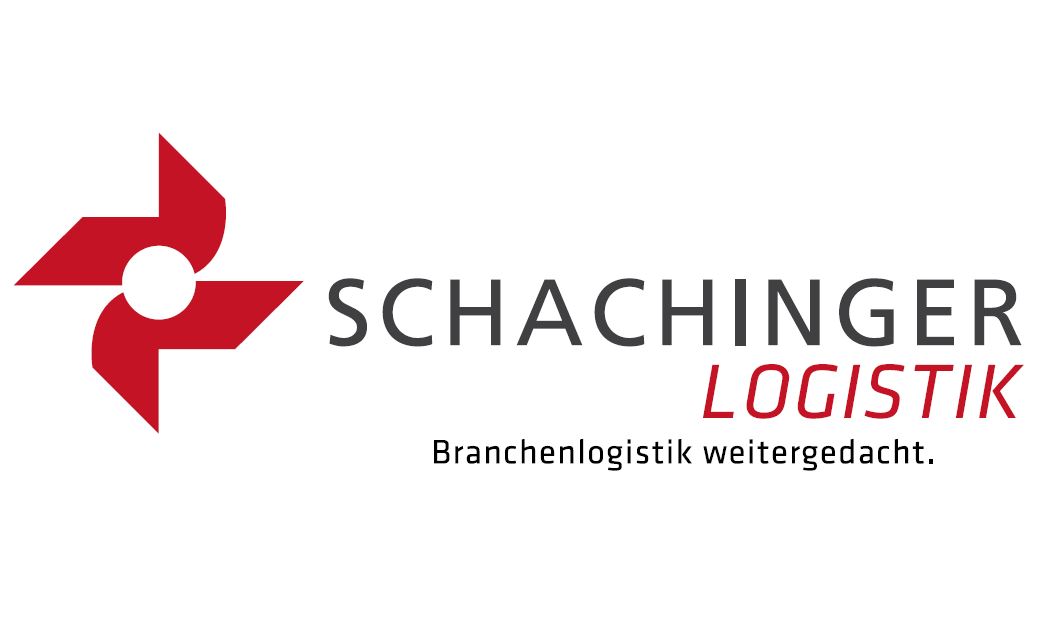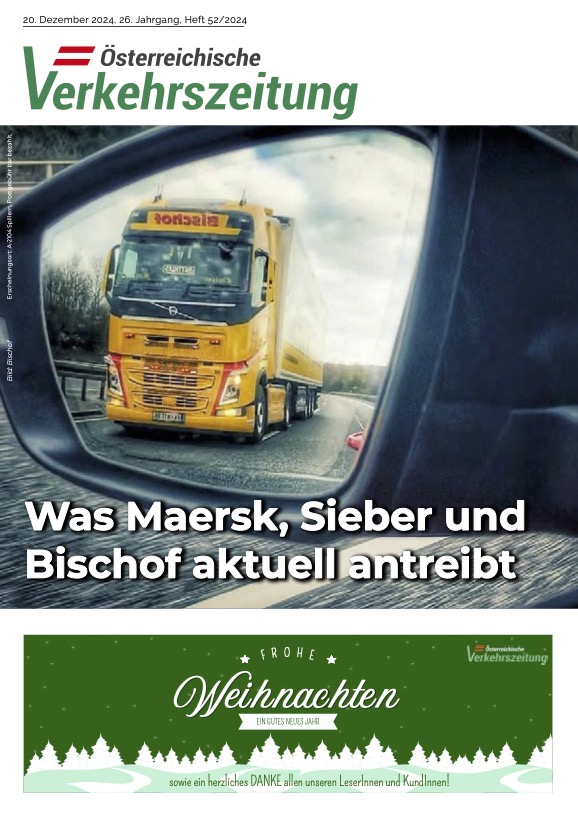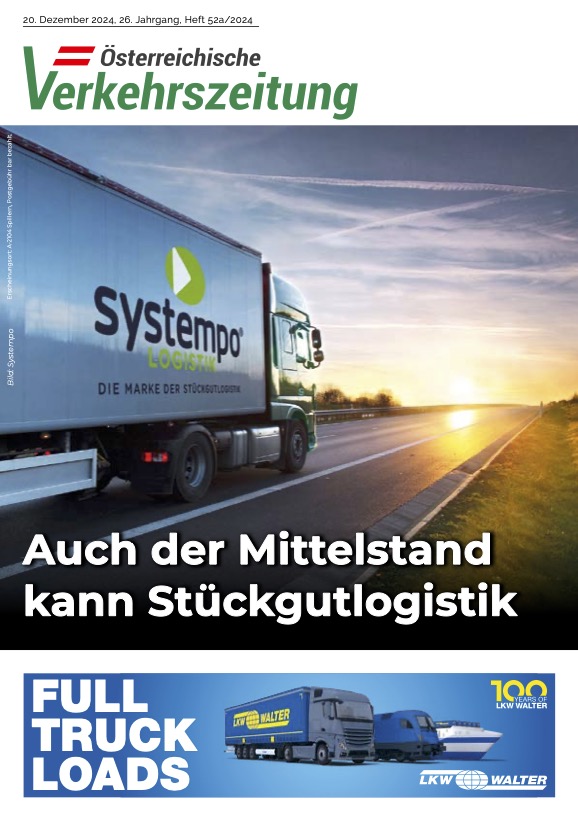PortLiner and H2-Industries have announced the development and construction of all-electric transport vessels based on the innovative LOHC (Liquid Organic Hydrogen Carrier) energy storage technology at the international shipping fair SMM in Hamburg. The Dutch inland shipping company PortLiner will be the exclusive partner for H2-Industries’ high-performance LOHC technology on inland vessels in Europe.
Diesel engines, which are so far dominating when it comes to the propulsion of ships, will become obsolete in the future. CO2 and NOx emissions are thus completely eliminated. This will enable emission-free and sustainable cargo transport on rivers and canals in the future.
“The collaboration between our companies will lead to a completely new, all-electric drive technology – for all types of vessels – and not just revolutionise inland navigation,” says Ton van Meegen, CEO of PortLiner. The advantages for PortLiner are the significantly higher storage capacity and energy density of the LOHC power storage technology compared to conventional batteries. This allows fully electric vessels to travel for a few weeks before the hydrogen-discharged LOHC- has to be replaced by the hydrogen-charged LOHC +. Another big advantage is the short refueling process, which is just as fast as for a conventional diesel ship.
Hydrogen is stored in oily LOHC and can then be stored and transported just like diesel. LOHC is efficient, flame retardant and non-explosive, even when loaded with hydrogen. H2-Industries’ LOHC technology enables safe and efficient operation of integrated fuel cells on board. They convert the hydrogen that is released from the LOHC into electricity – and a powerful electric motor uses it to propel the ship. No CO2 and NOX emissions, and no particulate matter are emitted.
A container-sized LOHC storage of 4 x 20 feet can store about 20 times more power than a battery of the same volume. For the operation of the first LOHC-based e-cargo ships, the construction of an LOHC tank infrastructure is planned. Conventional service station technology can be used for this, as the LOHC technology is compatible with it. In order to make the operation of the e-cargo ship truly sustainable, the hydrogen for the loading of the LOHC is produced exclusively with the aid of renewable energies.
The market for the electrification of European inland shipping is 15,000 ships, including 7,300 cargo ships. In Russia, there are 29,000 ships, of which 15,000 cargo ships. Finally, China, the largest market, has 195,000 convertible ships. They can all be upgraded quickly and effectively, using H2-Industries’ LOHC technology.
www.h2-industries.com; www.portliner.nl


